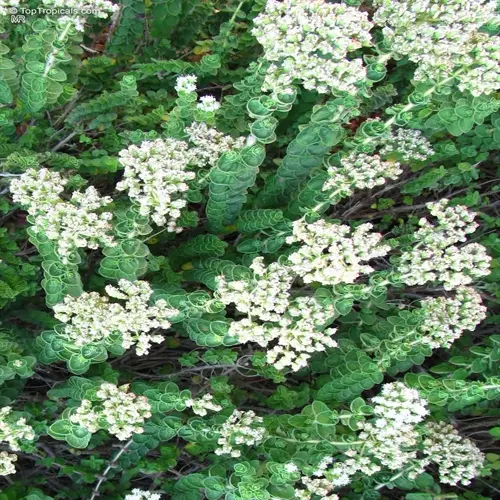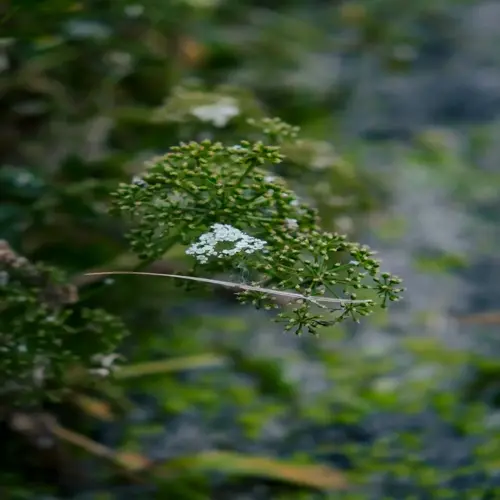Can pets safely be around sage plants?

Written by
Julia Anderson
Reviewed by
Prof. Martin Thorne, Ph.D.According to veterinary sources, sage plants are generally considered low-risk for most household pets. The ASPCA believes common sage non-toxic to dogs and cats. Just a small accidental nibble isn't a serious threat. I've had sage growing around pets for many years. I haven't had any issues. However, take reasonable precautions with exotic pets.
Risk Assessment
- Essential oils may cause mild stomach upset
- Large quantities could lead to digestive discomfort
- Dried sage presents higher concentration risks
- Young pets show more curiosity than adults
Prevention Strategies
- Place plants out of easy reach on high surfaces
- Use barriers for garden beds with persistent chewers
- Train pets with 'leave it' commands consistently
- Provide pet-safe grass alternatives for nibbling
Be observant for indicative reaction symptoms if ingestion occurs. Mild signs include slight drooling or temporary loss of appetite. More serious symptoms involve vomiting or diarrhea. Severe reactions are doubtful with sage. Watch pets closely for any plant consumption. Contact your vet immediately if any of these are present.
Establish pet-friendly growing spaces without compromising your herb garden. Put container plants onto solid tables or shelves. Surround the garden sage with low decorative fencing. Plant cat-attracting herbs, such as catnip, in separate areas to attract cats. This effectively keeps most pet-plant interactions at bay.
When providing safe alternatives for animals that develop a habit of chewing, cat grass is a great choice! Cat grass is a healthy option for your cat to nibble on. Spider plants are non-toxic houseplants that continue to keep your indoor spaces leafy. Rosemary is another a safe herb for animals. These choices are great solutions for chewing without the danger.
Reach out to your veterinarian if you have any specific concerns with your pets. Fresh plant samples provide better classification. Always have the ASPCA Poison Control number handy. Look up your pet's weight and the amount that was consumed. Professional guidance from a veterinarian provides pet owners with peace of mind.
Read the full article: How to Grow Sage: A Complete Beginner's Guide

